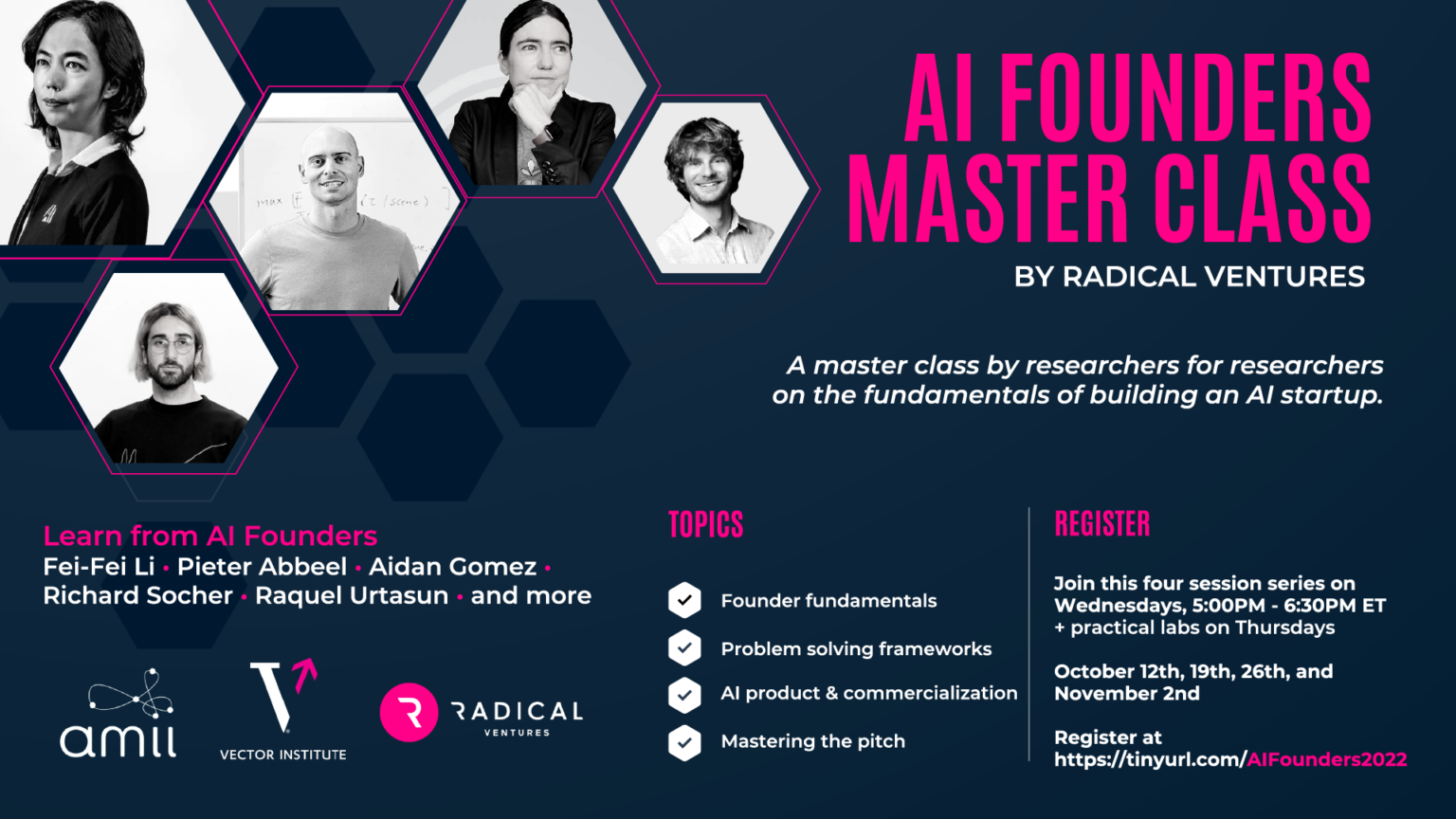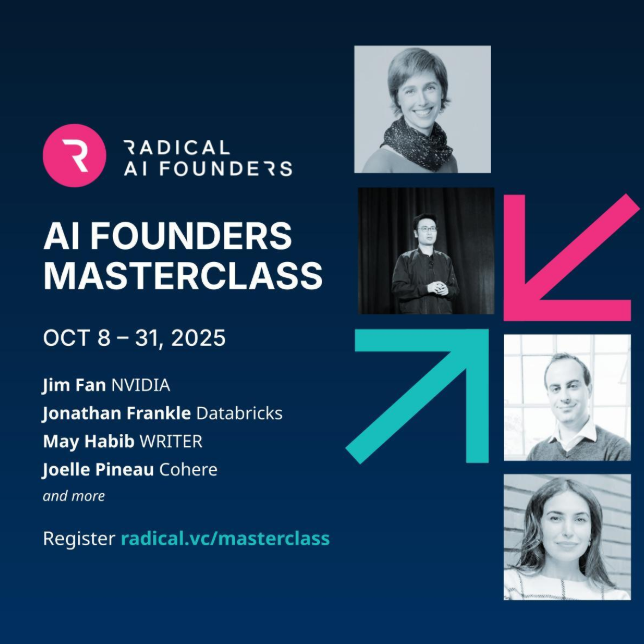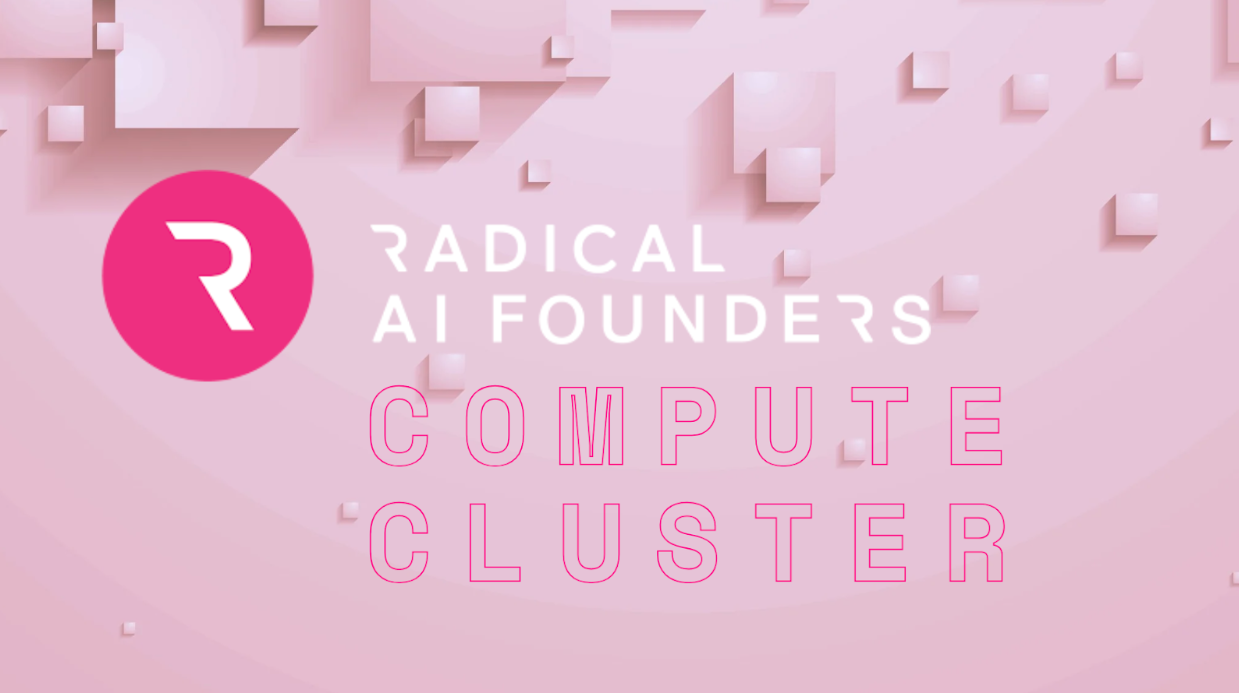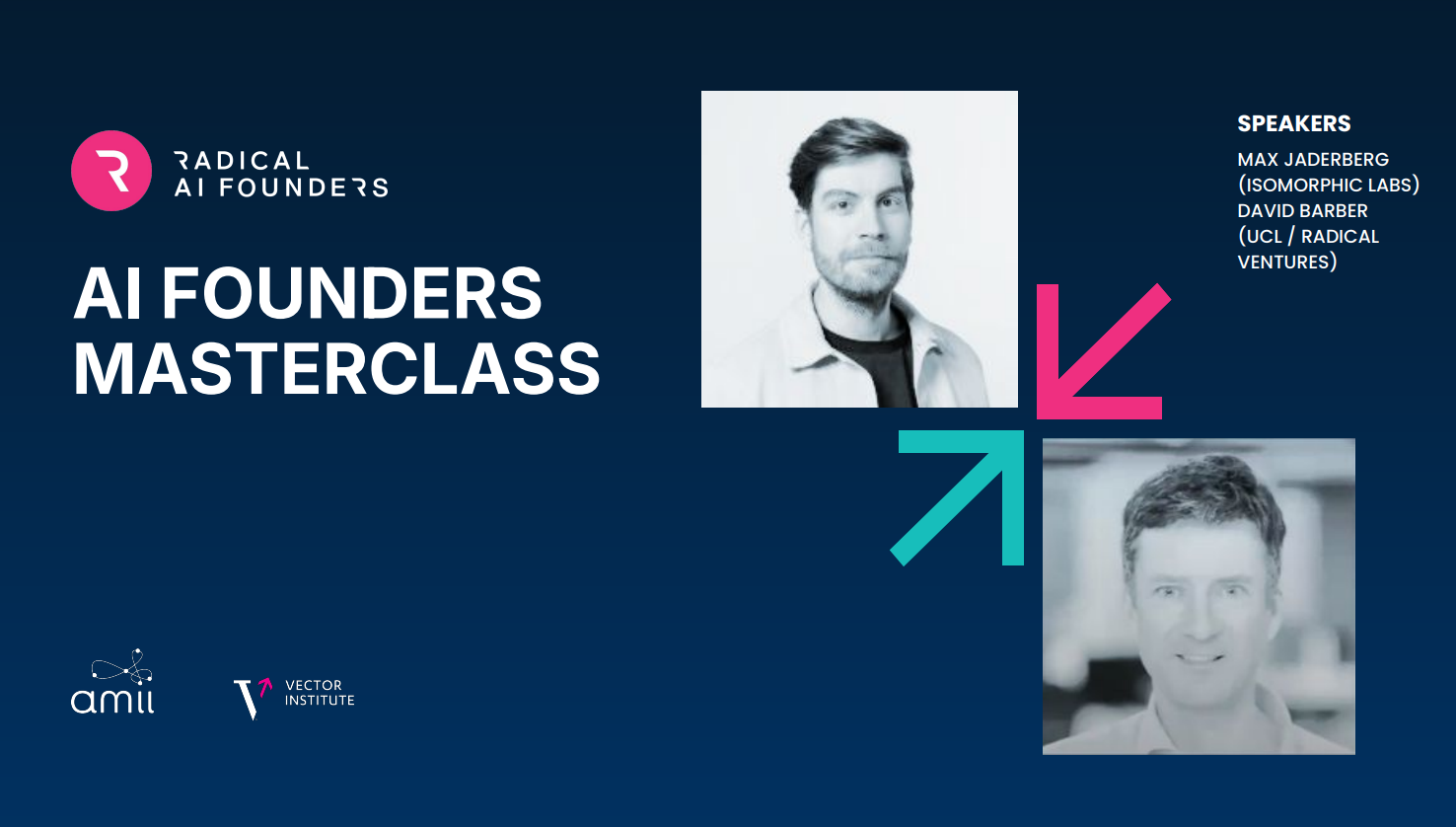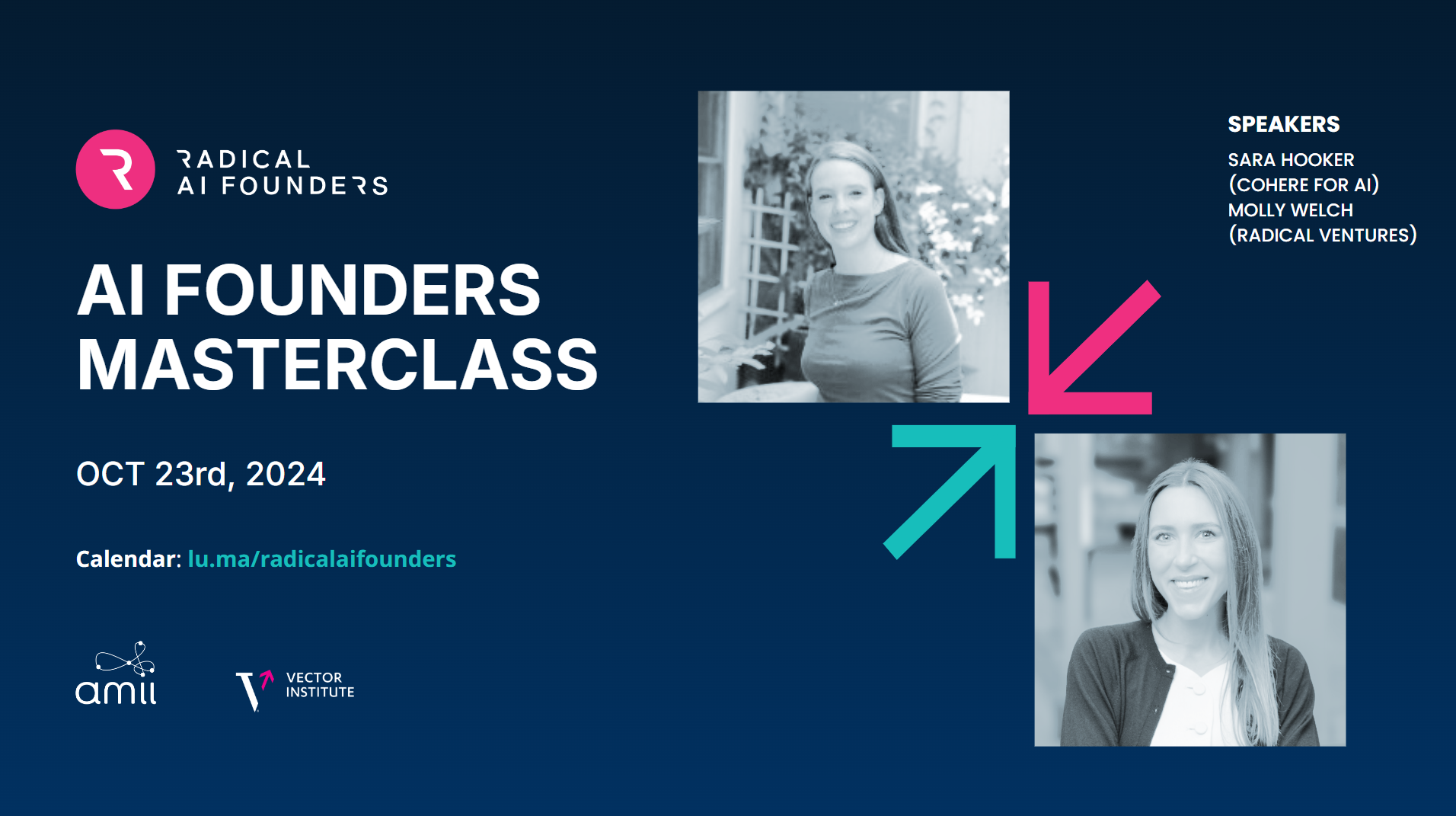Before Radical, I co-founded two companies alongside my partner Tomi Poutanen, an experienced technical founder with exits to Microsoft and Yahoo! With our third co-founder, Don MacKinnon, we first built a collaborative playlisting platform for music, film, comedy, sports and other culture-based video and audio called Milq, starting in 2011. At its core was an important innovation: the use of deep learning to personalize recommendations, long before that became common for services like YouTube, Netflix, Instagram, Amazon and TikTok.
By 2016 our AI personalization and prediction engine was world-leading and capable of application to many more industries, so we spun-out the Artificial Intelligence technology to create Layer 6, while Don transitioned Milq into the amazing ‘best of podcasting’ discovery platform, Hark Audio. 15 months after launching, we sold Layer 6 to TD Bank Group so that we could build Radical Ventures into the world’s leading AI investment firm, and help many technical AI founders build global companies solving some of the world’s hardest problems.
Over the next few years, technical AI founders will disproportionately impact society, building technologies that will shape the future of how we live, work and play. Every founder, however, faces barriers when applying their research to real-world problems. This is why Radical Ventures, in collaboration with the Vector Institute for Artificial Intelligence and the Alberta Machine Intelligence Institute (Amii), created the AI Founders Master Class.
Designed for researchers who want to become founders, the four-week program explores the fundamentals of building an AI business. Over four modules, top-tier researchers turned superstar entrepreneurs will participate in live Q&As to share their experience building AI-first startups and scaleups.
The AI Founders Master Class will be held virtually from October 12th to November 2rd, 2022 with speakers such as Fei-Fei Li, Co-Director of Stanford’s Human-Centered AI Institute, Pieter Abbeel, Co-Founder of Covariant and Director of the Berkeley Robot Learning Lab, Richard Socher, Co-Founder and CEO of You.com, Raquel Urtasun, Founder and CEO of Waabi, and Aidan Gomez, Co-Founder and CEO of Cohere.
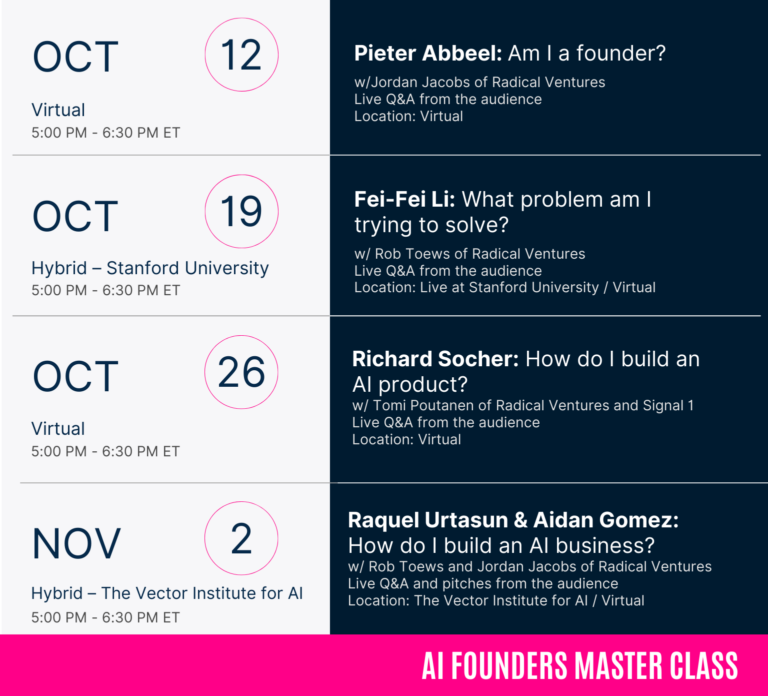
Participants will access these unique conversations and a set of practical seminars and resources designed to support entrepreneurs looking to commercialize their research. AI Founders is hosted on Slack and Zoom with hybrid in-person and video sessions.
If you are an AI researcher interested in entrepreneurship, I encourage you to sign-up.
AI News This Week
-
Application: AI eye checks can predict heart disease risk in less than a minute, finds study (The Guardian)
What if you could know in 60 seconds or less your risk of heart disease? An AI-enabled imaging tool uses retina scans to predict a person’s risk of heart disease. The veins and arteries in the retina can specify the risk of cardiovascular disease, cardiovascular death and stroke. The technology could help ophthalmologists and other health workers carry out cardiovascular screening without the need for blood tests or blood pressure checks. AI-enabled vasculometry risk prediction would be fully automated, low cost, non-invasive and has the potential for reaching a higher proportion of the population.
-
Research: Faster algorithms to solve tough maths puzzles (Nature)
Researchers at DeepMind in London have shown that AI can find shortcuts in a fundamental type of mathematical calculation. The researchers harnessed the machine-learning techniques that were used to beat human players in games such as Go and chess. The approach, known as AlphaTensor, found exact matrix-multiplication algorithms that break decades-old records for computational efficiency. The method improves knowledge of this fundamental operation and creates the possibility of accelerating common matrix multiplication computations and optimizing for specific hardware.
-
Policy: Blueprint for an AI Bill of Rights (The White House)
The White House Office of Science & Technology Policy (OSTP) released a list of suggestions that developers, businesses, users, and lawmakers can follow to reduce AI’s potential risks. The wide-ranging document covers areas such as algorithmic discrimination, AI transparency and safety, and AI-based surveillance. The White House also acknowledged AI’s usefulness and benefits. Through the development of a risk management framework for government technologists, the administration sees this as an opportunity to lead by example. Newly outlined protections are similar to those in the EU, but the document is nonbinding and does not constitute US government policy, because the OSTP cannot enact law. It will be up to lawmakers to propose new bills. The US has been cautious to introduce new regulations, in contrast to the EU, which is pushing for strict regulations and data regimes.
-
Research: Neural net computing in water (Harvard University)
Information is processed in our brains by manipulating ions in liquid. Inspired by the brain, researchers have long been seeking to develop ‘ionics’ in an aqueous solution. The variety of ionic species in water with different physical and chemical properties could be harnessed for richer and more diverse information processing. Ionic computing, however, is still in its early days. Researchers at Harvard created an ionic circuit comprising hundreds of ionic transistors and performed a core process of neural net computing in an aqueous solution. The team is now looking for ways to increase the system’s chemical complexity.
-
Listen: I Was There When: AI mastered chess (MIT Technology Review)
The oral history project I Was There When shares the stories of those who saw key developments and historical turning points in computing and AI. Garry Kasparov, the reigning world champion of chess in the late ’90s, shares his perspective on IBM’s Deep Blue computer beating him. The event paved the way for a revolution in automation.
Radical Reads is edited by Ebin Tomy (Analyst, Radical Ventures)

